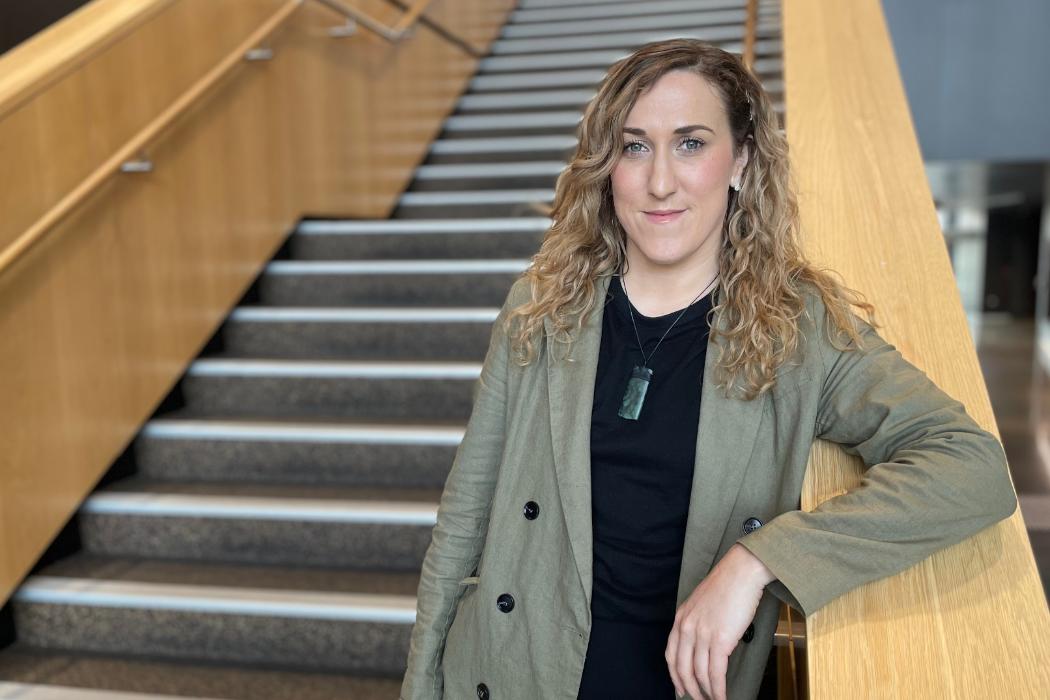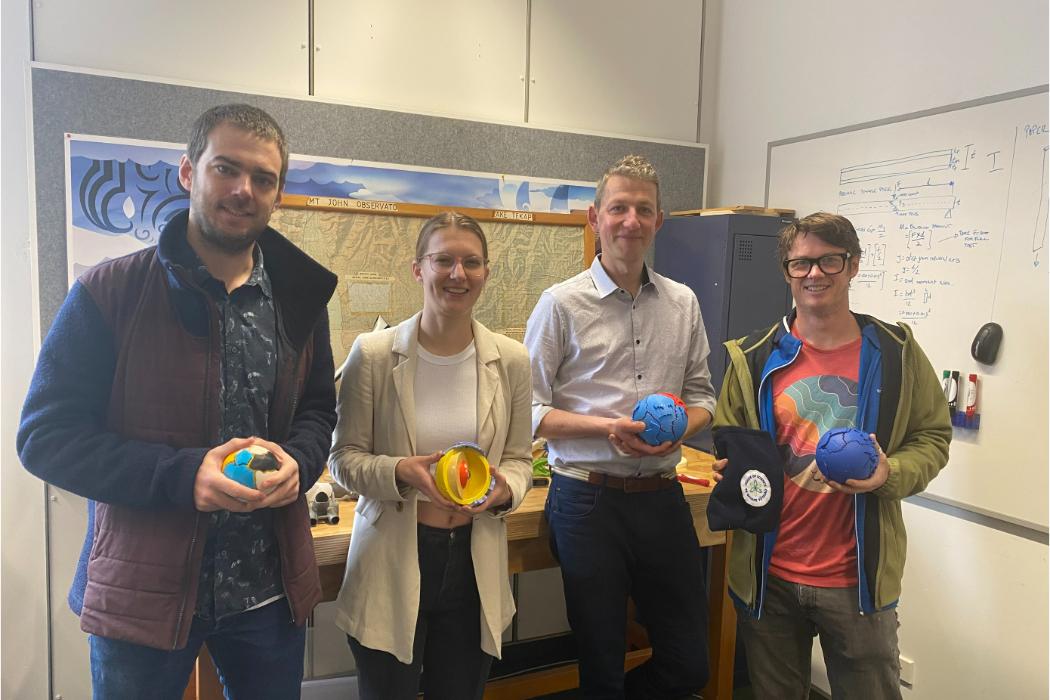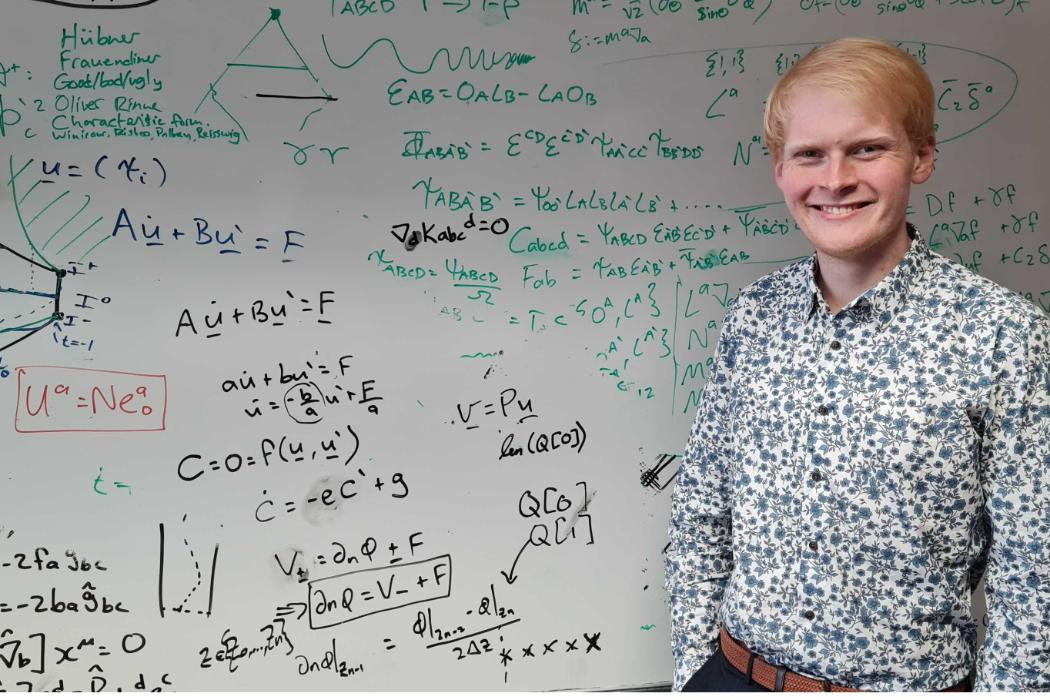As a university, we have been thinking about this question in terms of creating relevant qualifications, fit for a changing world. We had a head start when our students organised themselves into the Student Volunteer Army after the February 2011 earthquakes – this is still the most popular club at UC. Inspired by their initiative, we developed the CHCH101: Strengthening Communities through Social Innovation course that more than 1000 students across UC have now taken to experience making positive change in their community.
We wanted to go still further. Young people are facing complex, inter-related challenges; they need useful knowledge about leadership and faciliating change that we can share with them.
One of our team once asked late US Congressman John Lewis, who was a leader of the Civil Rights Movement in the 1960s, what advice he had for young people who wanted to make a difference. He replied that they needed to develop a passion and be prepared to apply it to right any wrong that they saw.
In an era of increasing engagement in higher education, universities have a necessary contribution to make in enabling young people in this ‘application’. After all, in our role as critic and conscience of society, who better than a university to equip young people to underpin their social action with a solid base of intellectual understanding?
We consulted closely with inspiring local and international community leaders in taking our next steps. Social innovators in Christchurch provided us with examples of how they applied their passions to directly influence the community. The creators of the Student Volunteer Army, Gap Filler, the Riccarton West Community Garden, Greening the Rubble, and Cultivate Urban Farm have all contributed to this initiative. Due to our reputation as a resilient and innovative university and city, giants in the field of activism such as Prince Harry, Dr Jane Goodall, President Obama’s sister Dr Maya Soetoro-Ng, Richard Feldman and Janice Fialka from Detroit, and the student leaders from Marjory Stoneman Douglas High School (where the 2018 shooting occurred), have all spent time with us and are part of the new developments.
The result is a new genre of qualification, the Bachelor of Youth and Community Leadership, launched this year to empower students with the three aspects of passion, preparation, and application. By inviting students to explore their interests, develop those into actionable academic proposals, and implement their ideas in the community, this qualification merges the boundaries of university and society, leaving both the better for the interaction.
All of these contributors to the new degree have made it relevant, timely, and substantial. As COVID-19 and other social issues currently at the forefront have demonstrated, the world is uncertain and unpredictable and in need of creative and innovative solutions. This uncertain world is our curriculum; our dialogue is focused on what has happened in the past, what is happening in the now, and what may be able to happen in the future, and then equipping our students with the theoretical clout to act on their aspirations. This work is, of necessity, fundamentally democratic in its methods and approach; this in itself is a shift which opens up exciting possibilities for higher education.
A current student in the degree describes how he is viewing the course work as an invitation to pursue this passion: “I have submitted my proposal [an assignment for one of the courses], but I would like you to know that it is only the tip of the iceberg. I am super grateful for this course as it has forced me to start putting my dreams on paper.”
Programme Coordinator Dr Christoph Teschers explains the goals of the degree as having students learn more about who they are as leaders, who they are as team members, and who they are as influential community members. It is no coincidence that these goals align with skills and dispositions required by the changing world of work.
Since launching the new qualification, we have added a youth work pathway for 2021, which enables graduates to gain accreditation with national body Ara Taiohi. It’s exciting to think of future possibilities for this degree and the graduates who will leave UC not only inspired, but also empowered.


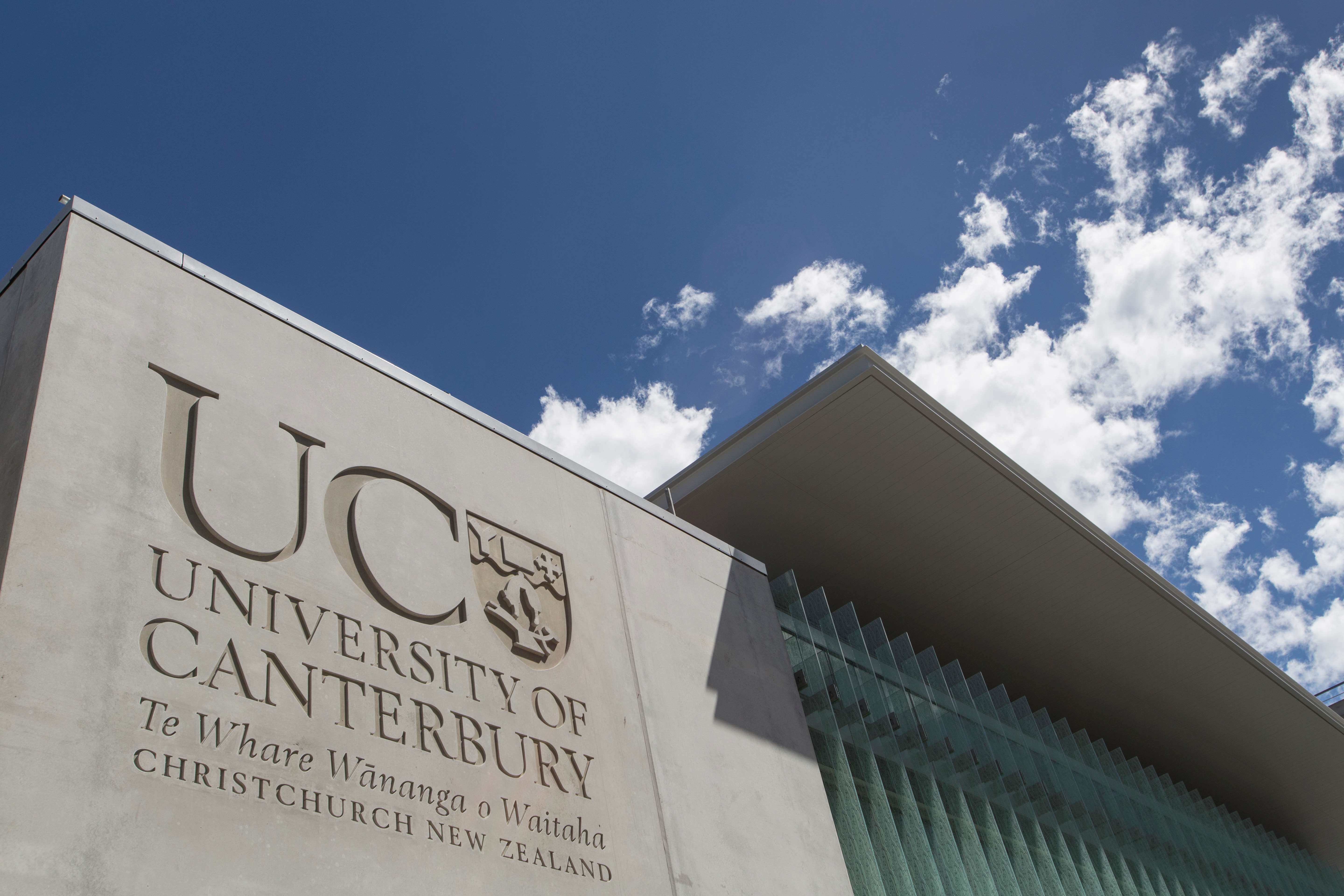
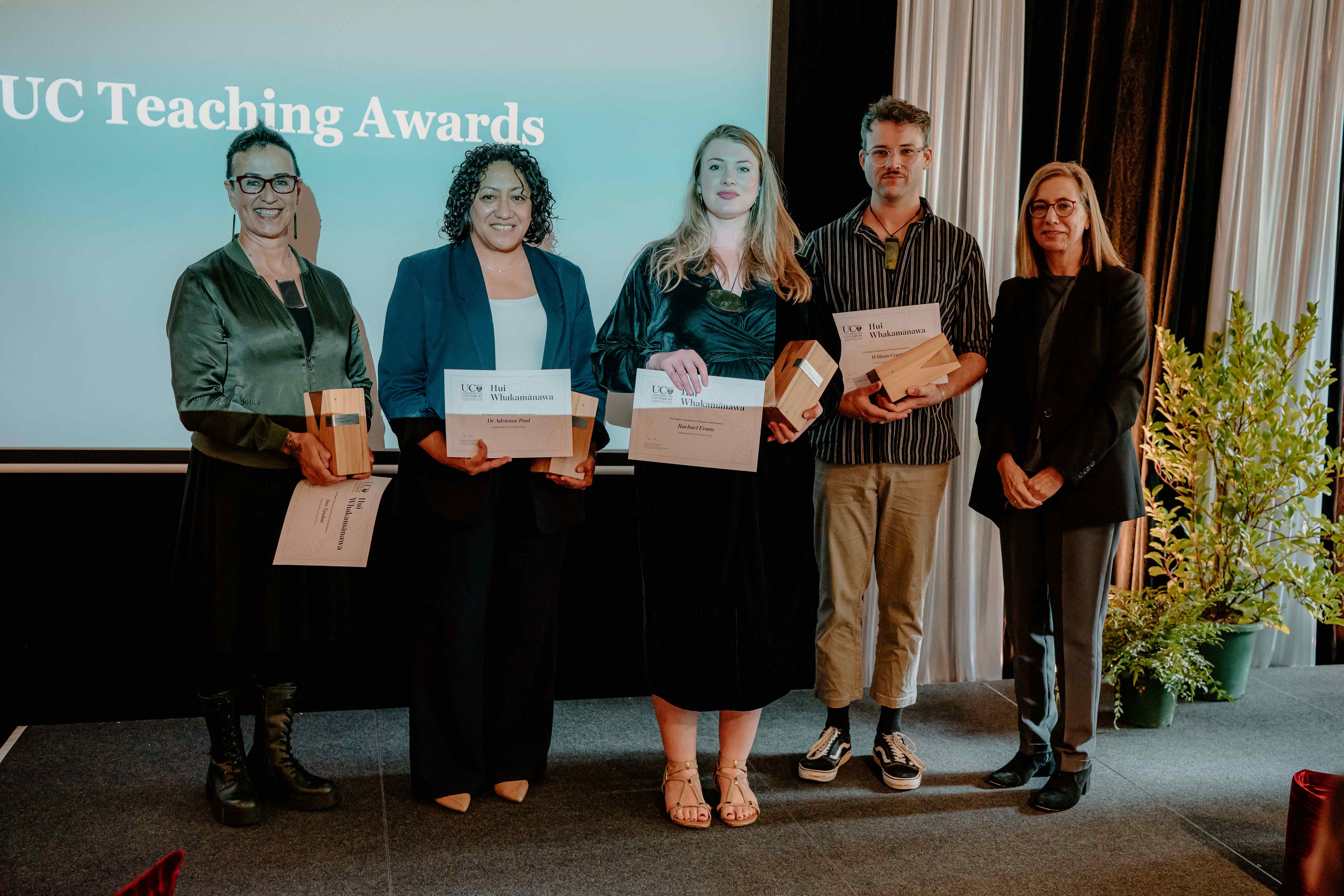
.jpg)
.jpg)

